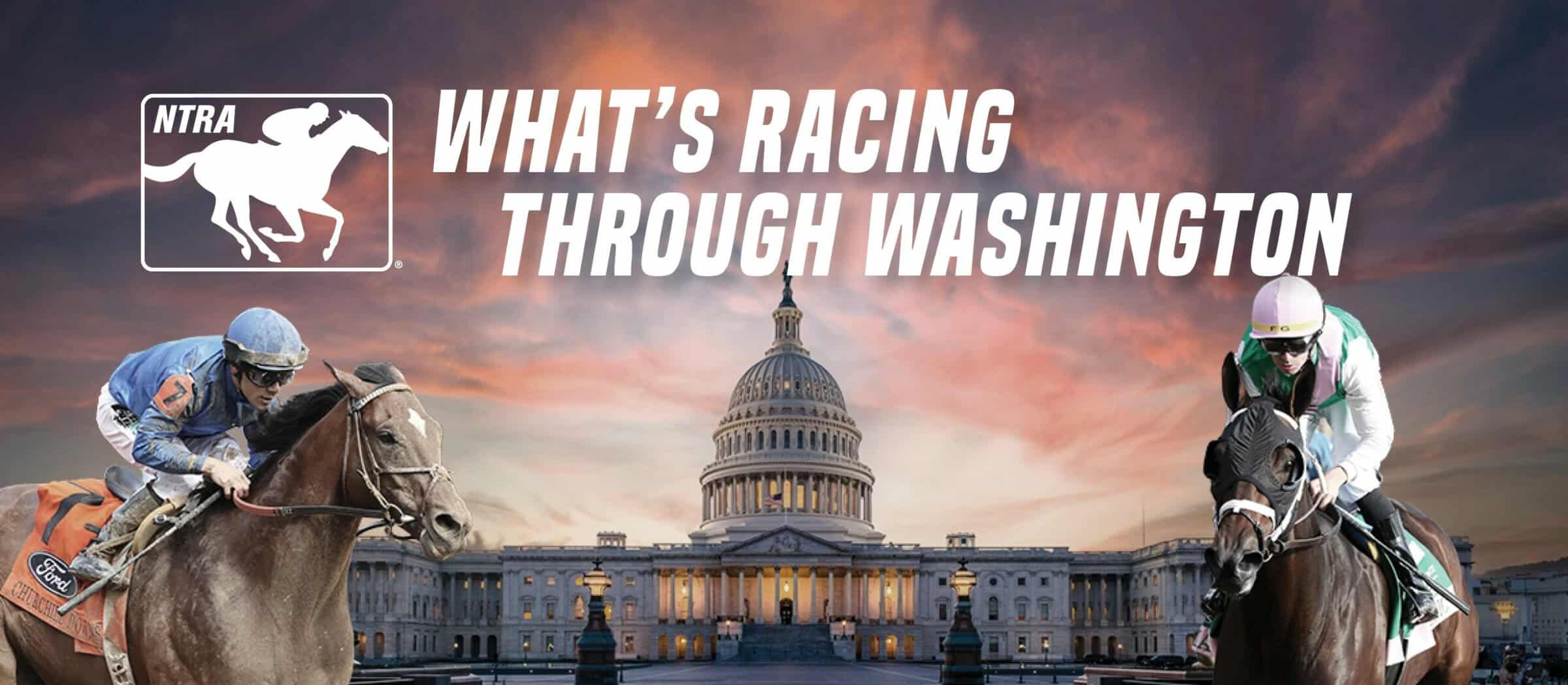
Congress Strikes Bipartisan Deal to Avert Shutdown, Extending Funding Deadline to March
On Tuesday, December 17, Congressional leaders reached a bipartisan agreement to avert a government shutdown, extending the funding deadline from December 20 to March 14. The deal aims to provide more time for the incoming Congress and the next president to finalize government funding for the following year.
The legislation includes significant provisions, such as a one-year extension of the farm bill, approximately $100 billion in disaster relief, $30 billion in disaster and economic assistance for farmers, and funding for other critical programs. Negotiations over agricultural aid, which had been a sticking point, resulted in $10 billion for economic assistance to farmers and billions more in disaster relief.
Additional funding includes over $2 billion for the Small Business Administration’s disaster loan program and nearly $30 billion for FEMA to address its strained Disaster Relief Fund. While the House GOP leadership emphasized the importance of emergency funding, some Republicans criticized the legislation as too expansive, comparing it to a year-end omnibus. Others raised concerns about delaying funding decisions into next year, which could divert attention from priorities for the incoming Republican administration.
With time running short before the Friday deadline, the House is expected to move swiftly on the measure. If passed, it will provide a three-month stopgap, though some lawmakers pushed for a shorter extension to ensure a quicker resolution of spending priorities in the new year.
GOP Split on Tax Cuts and Border Security Amid Expiring Provisions and Slim Majority
Republicans are debating their legislative strategy for 2025, focusing on how to address tax cuts, border security, and other priorities while grappling with the challenge of expiring tax provisions. Without action, these expirations could result in significant tax increases for Americans, adding urgency to the debate. Some Republicans, including House Ways and Means Chair Jason Smith (R-MO), advocate for a single, comprehensive fiscal package that combines extending the Trump-era tax cuts with other GOP priorities. This approach aims to secure enough support by bundling priorities, especially given the party’s narrow 217-215 majority in the House.
Others, including Senate Republicans and the House Freedom Caucus, favor a two-step plan, prioritizing an early budget reconciliation bill focused on border security, followed later by a separate measure addressing tax cuts and other issues. Proponents of the two-step strategy argue that border security, a signature GOP issue, should be addressed immediately. However, concerns are growing that dividing priorities into two bills could weaken momentum for passing the second measure. Fiscal conservatives may balk at the high cost of a tax package, especially if border security has already been addressed. This raises fears among Republicans that they may need to negotiate with Democrats to achieve their goals, given the slim majority and internal divisions.
DHS Final Rule Modernizes H-2 Programs
On Tuesday, December 17, 2024, the Department of Homeland Security (DHS) announced a final rule that will enable U.S. companies in need of seasonal workers to fill those positions more quickly and efficiently. The rule is designed to modernize and improve the H-2 nonimmigrant visa programs, which allow qualified U.S. employers unable to find sufficient U.S. workers to petition for foreign nationals to fill temporary or seasonal agricultural and nonagricultural jobs.
The final rule eliminates the requirement for USCIS to approve petitions for H-2 nonimmigrant status only for nationals of designated eligible countries, removing the need for DHS to compile and publish annual country lists. It also simplifies the rules regarding the 3-year maximum stay period by eliminating “interrupted” stay provisions and introducing a uniform 60-day absence period to reset the 3-year clock.
The final rule also introduces new grace periods and harmonizes existing ones. Specifically, it:
- Adds a 60-day grace period following the cessation of employment, allowing workers to seek new qualifying employment or prepare for departure without violating their status.
- Extends the current 30-day grace period after certain revocations to up to 60 days, covering all revocations of H-2 petition approvals.
- Confirms that H-2 workers maintain status for up to 10 days before the petition’s validity period and up to 30 days after its expiration.
The rule also establishes “portability,” enabling eligible H-2 workers to begin employment with a new employer immediately after the proper filing of an extension of stay petition, without waiting for its approval. Furthermore, it clarifies that H-2 workers will not be deemed to have failed to maintain their status or denied H-2 classification solely for taking steps toward lawful permanent residency in the United States.
In order to implement this rule, a new edition of Form I-129, Petition for a Nonimmigrant Worker will be required for all petitions beginning Jan. 17, 2025, which is the rule’s effective date.
Read the full announcement HERE.
Rep. Guthrie Takes the Gavel for Energy and Commerce Committee
Representative Brett Guthrie (R-KY) is set to take the helm of the influential Energy and Commerce Committee, a key panel with jurisdiction over vast areas of the U.S. economy. Guthrie’s appointment signals a proactive agenda, aligning closely with Republican priorities under President-elect Donald Trump.
In addition, the Energy and Commerce Committee serves as the committee of jurisdiction for the Horseracing Integrity and Safety Authority (HISA), overseeing matters related to its implementation and operations. Rep. Guthrie, who was a sponsor of the original legislation establishing HISA, brings a wealth of expertise to this important issue. The NTRA looks forward to continuing to collaborate with Rep. Guthrie in his new capacity.


